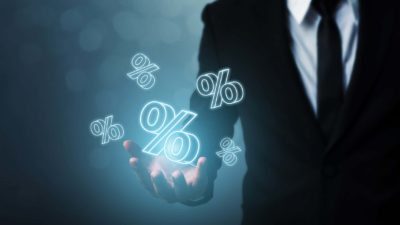The latest inflation figures in the US shocked everyone with a 6.2% rise in its consumer price index, the highest in 31 years.
Post-pandemic activity and skyrocketing energy costs are just two of many factors that are fanning the flames.
With share markets at historically high valuations, it's well-documented how persistent inflation — and resulting interest rate hikes — could put stocks at risk of a tumble. Or at least a stumble.
And ASX shares usually follow the lead of the larger American markets.
But new research shows experts think this might be the one time when Australia will diverge from what the US is doing.
Why is Australia different?
The Economic Society of Australia and The Conversation surveyed 55 local economists this week.
A great majority, 32 of them, rejected the notion that current conditions in Australia present "a serious risk of prolonged above-target inflation".
"It is hard to see Australian economic policy settings being the cause of 'protracted inflation'," independent economist Saul Eslake said.
The big reason is wage growth, or the lack of it.
The Reserve Bank of Australia has consistently stated it would not raise rates until workers had more money in their pockets.
And there is just no sign of that happening anytime soon.
"While there has been talk of the need to increase wage growth, over the past 5 years governments at all levels have generally worked to suppress wage growth, especially through limiting wage increases to their own employees," Curtin University distinguished emeritus Harry Bloch said.
US wages rose 4.6% for the year ending September.
In Australia, it was just 1.7% for the year to June, although an updated September quarter figure will be revealed this week.
So when will interest rates rise?
The financial markets, through change in bond yields, have signalled in recent months that it expects interest rate hikes to start next year.
But only 15 of the 52 economists believe that would happen.
On the other end, Reserve Bank governor Philip Lowe publicly stated this month that the rate would not rise until 2024.
And the economists don't believe him either. Only 10 agreed with Lowe.
So the majority predict that a rate rise would arrive in 2 years' time, in 2023.
"A number of aspects of current inflationary pressures are expected to be temporary due to COVID disruptions. Once these work through the system, we may well return to lower trends," independent economist Nicki Hutley said.
"But there is a high degree of uncertainty particularly given unprecedented monetary policy measures."








